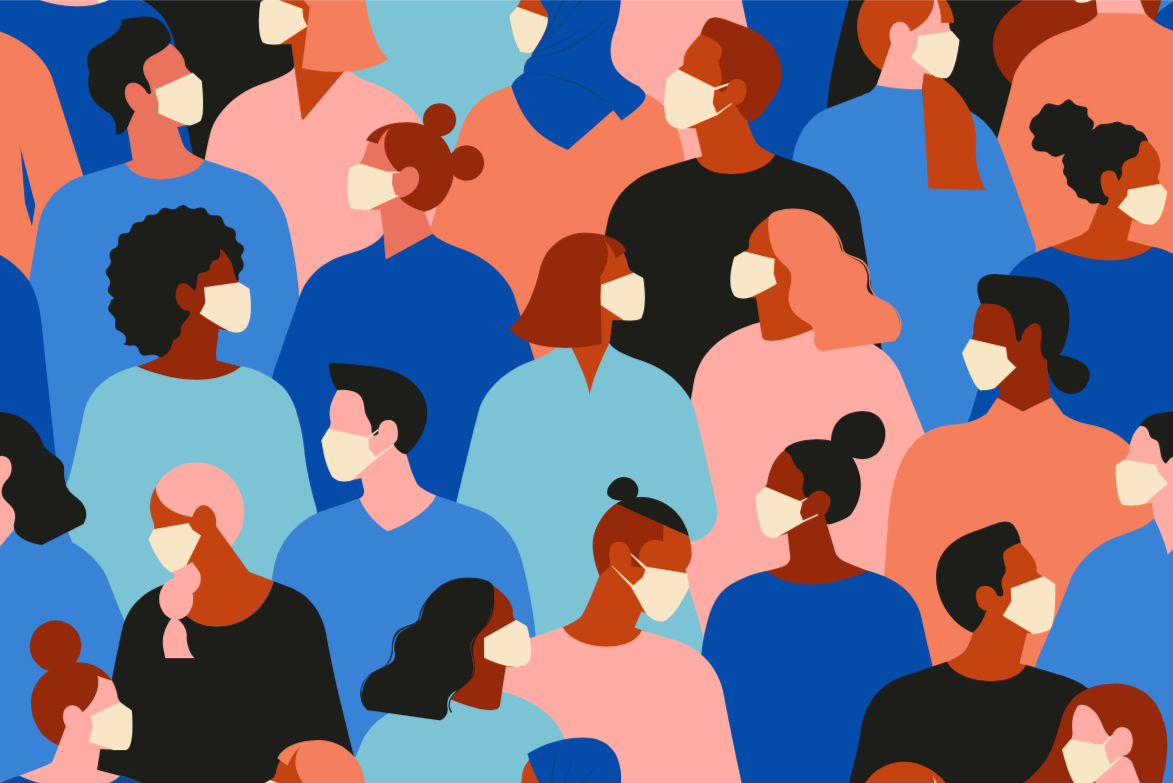In times like these, it’s important for us all to live in the space between panic and indifference. We all need to take social distancing protocols seriously and do our part to curb the spread of the coronavirus, while also remaining calm and adapting to a slower pace of life. Our best weapon is information. The Center for Disease Control and Prevention (CDC) has published a comprehensive web page of information about COVID-19, providing FAQs, prevention tips, symptoms, and more, and is one of our best resources for keeping our families and communities safe.
Outlined below are some common misconceptions and busted myths about COVID-19, based on the CDC’s guidelines.
Wash your hands frequently with soap and water.
The CDC reports that washing your hands with soap and water is more effective at eliminating germs than using hand sanitizer. Wash your hands often, especially immediately after being in a public area or after coughing or sneezing. However, hand sanitizer is a good alternative when necessary, like when you’re running errands and might not have ready access to a sink. When applying hand sanitizer, apply it to the palm of one hand and rub your hands together, completely covering the surface of both hands, until the product has dried.
Only wear a facemask if you’re sick.
Since facemasks will likely be coming into short supply, only wear a facemask if you are sick or have otherwise been directed to by your physician (immunosuppressed people, for example, may be instructed to wear them in some situations). But by and large, facemasks need to be saved for those who are sick and for doctors and caretakers who will be coming into close contact with infected patients.
Disinfect frequently touched surfaces regularly with EPA-approved products.
Click here to find a list of disinfectants that the EPA says are effective against the virus that causes COVID-19. You can also make a bleach solution that will work well by diluting four teaspoons of bleach with one quart of water.
If you think you have COVID-19, stay home and call your doctor.
If you’re showing signs like shortness of breath, a cough, or a fever, DO NOT head to your nearest clinic or urgent care. These facilities are already facing an influx of patients and you risk passing the disease to many more people that way. Instead, stay home, cut off physical contact with others (as much as possible), and call your healthcare provider to determine your best course of action. Most cases of COVID-19 are able to recover at home without medical attention. And, other illnesses with similar symptoms are going around this time of year anyway: the flu, the common cold, and seasonal allergies. Do seek medical care if you experience emergency warning signs like difficulty breathing, chest pain, confusion, or bluish lips or face.
Manage your anxiety and stress.
The outbreak of a disease is stressful and anxiety-inducing. All people respond differently to stress, especially those who are at a higher risk for the disease, children, and people with mental health conditions. You can support yourself and your loved ones by limiting time spent consuming media, eating well-balanced meals, stretching and meditating, and connecting with friends and family over the phone. We can be role models for our families by sharing facts and information about the outbreak, keeping up routines despite school closures, and staying calm.
Stock up—but don’t overstock.
The CDC recommends that you have enough household items and groceries on hand to be able to stay home for a period of time. However, our supply chains can’t handle consumers overstocking, or amassing months’ worth of goods—it leads to empty grocery store shelves, meaning that families that can’t afford to stock up in bulk will needlessly go without essentials. Supply chains have been slowed but certainly not stopped, and we will continue to have access to essentials as long as no one hoards. Do make sure you’re stocked up on prescription medicine and other medical supplies you may need, and try and have extras of those on hand.
Donate blood if you’re able.
Red Cross is anticipating a major shortage in blood supply as people hunker down. However, if you’re able, consider donating blood to help prevent a major shortage that could cause some surgeries to be canceled. Donating blood puts you at no higher risk for COVID-19.
—
The CDC’s COVID-19 page provides loads of additional information—what we listed above is just a fraction of the many fundamental points. Here you can find the key facts about the virus, and here is the landing page for all things coronavirus.

